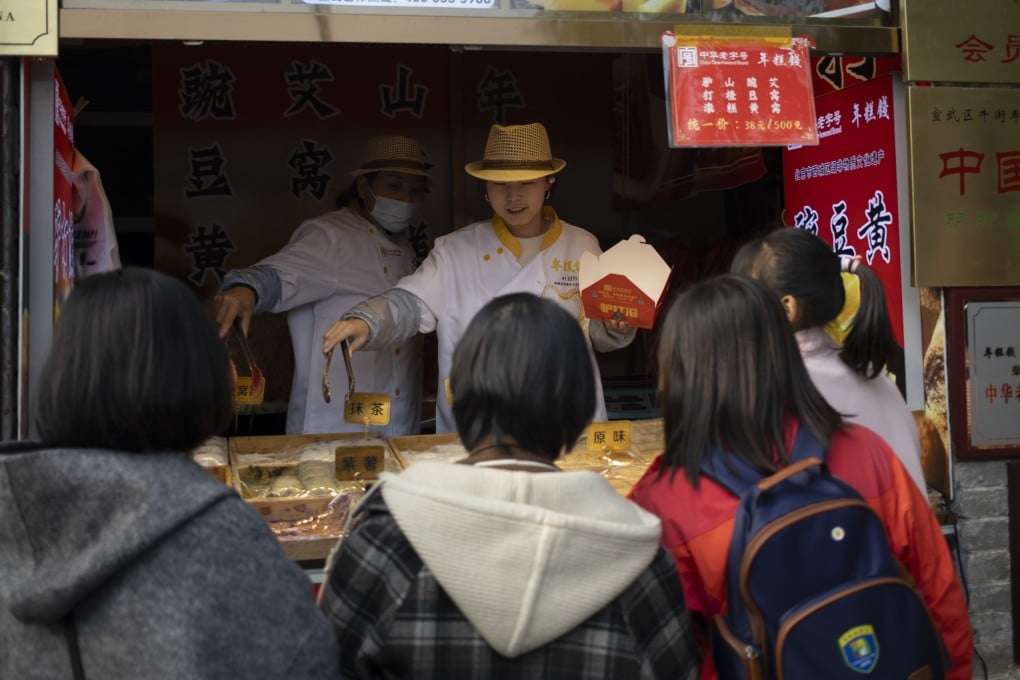China’s stimulus needs more than ‘patchwork policies’ after new debt-relief plan
Economists spoke after Beijing unveiled its debt-relief plan following a week-long meeting of China’s top legislative body

China needs more effective incremental stimulus to invigorate its economy, economists said, as the newly announced 6 trillion yuan (US$833 billion) debt swap might not be enough to fully reassure foreign investors.
“The debt restructuring differs from traditional fiscal or monetary stimulus measures; it focuses more on reinforcing the relatively weaker segments of the economy rather than increasing fiscal resources, emphasising a swap instead,” Zhu said during the Caixin Summit in Beijing on Saturday.
Zhu added that the market’s primary concern remained on how to leverage incremental policies to better stimulate consumption and essential demand, as “so far, progress in these areas has been relatively slow and disappointing”.
“Looking ahead, if we can utilise the increased flexibility for a higher deficit ratio and special government bonds in 2025 … and intensify efforts to stimulate consumption and support social welfare, I believe this could help bridge the interpretative gap between the market and official perspectives,” he added.
The overall weak, even lacking economic demand has led to a continuous slowdown in the growth of the real economy
